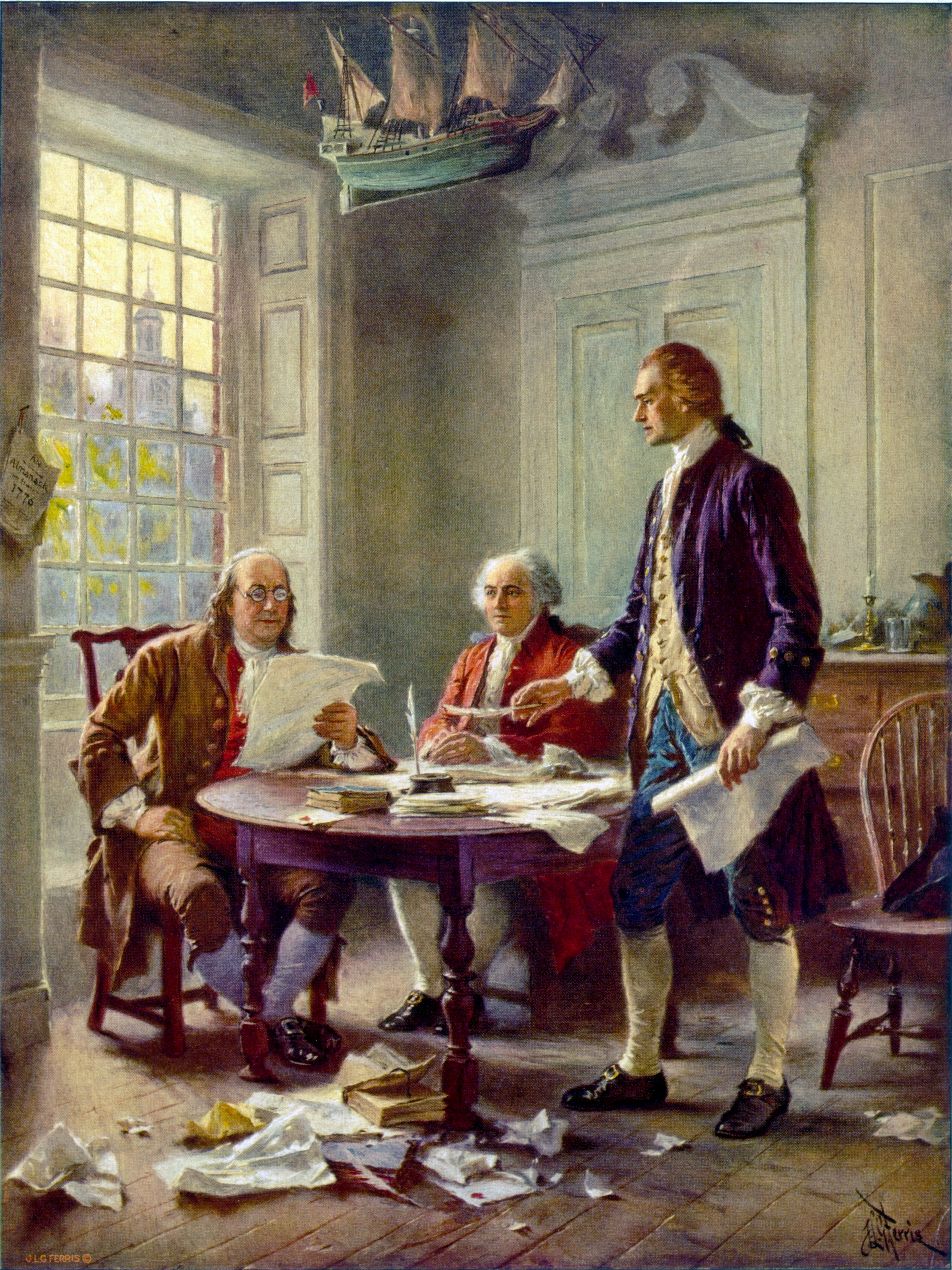Walking down the streets of a large city, you look around. What do you see? You see the towering buildings touching the sky. You see the extensive infrastructure and expensive cars stretching on into eternity. Towering above our meager lives, society casts a long shadow across the earth.
Now take a step back. Look a little bit closer. Beneath the shadows of every immense building, and on the corner of every busy street you can find something much smaller, but ever so much more important. Lurking in the shadows there are the people who have been cast aside by this massive society. The poor, sick, needy masses who are left on the corner of a road pleading, pleading for someone to show them the smallest compassion. But day after day, they are tossed aside by people who see a world no deeper than their own selfish desires.
Two years ago, a tiny girl stepped onto a street corner under the shadow of the selfish city. She was not homeless, not in need, not there to beg for compassion. She was there to spread hope to those who were homeless, in need, and begging for compassion. This little girl sat down, and put up a sign which simply said, “free rainbows, so you can smile.” When people would look at her as they walked by, she would hand them a small picture of a rainbow which she had just colored. This little girl did something no massive building or endless road ever could. She made someone’s life better, “so they could smile.”
 |
| The Sign of God's Pure Love for All |
Just as in the biblical days of Noah, there are two great forces at work in our world today. The cause of light and goodness in constant combat with the shadowy cause of selfish indulgence. There is no longer a middle ground. We may claim to be good while walking in the twilight of selfishness, but so long as we do not stand directly in the light, we place ourselves in a position where we may be destroyed by our own figurative floods. A flood which, if we do not actively fight, will sweep the glow of compassion from this earth, Leaving nothing but the gloom of apathy in its wake.
People do not love each other; rather, they love themselves. We need to love people, else we may end as those who died in the first flood. We must truly look beyond ourselves and genuinely care about others to make the world better. The dark clouds are forming above us, their shadows ominous, foreboding the rains to come if we do not stand firm against them.
One person cannot save a world of people who aren't willing to join with them in the saving. We are all living in this great society. Each of us are responsible to serve each other, and to be a benefit to that society. I can pull my own weight, but every person here must assist me in order for us to change the world.
We are not blatantly evil or apathetic. However, many people are not actively striving to make the world better. By sitting on a wall between compassion and apathy you are hurting the well being of the entire world. Those sitting on this wall forget a fundamental attribute of that wall; That it is owned by those who do actively do evil. Indeed Edmund Burke said it well, “The only thing necessary for the triumph of evil is for good men to do nothing.”
Some may say that I am seeking glory, honor, or have some ulterior motive for promoting the cause of human goodness through selfless action. To those who may think such things, I say that it is not the case. Rather, I seek for a better world. A world where human beings of every walk of life will turn their eyes from cold, hard ways of selfishness, and will instead look at others in the light of charity and empathy. I seek a world where all people help each other to climb from the pitfalls in which we are all held captive rather than battle and bully their way to the top of the pit, simply by pushing others beneath themselves. I seek only a world in which we, we the citizens of the earth all seek to lift, comfort, and serve each other.
Do you who sit on this wall wish to join us in this great cause of compassion upon which we are embarking, yet find yourselves unwilling to relinquish the pleasures found in selfish living? You are not alone in those desires. I am one of the most grievous sinners of pleasure. But unlike those who sit on the fence, I actively declare war on this carnal self within. It is not a difficult task. Simply in trying to become more compassionate, you step away from the wall and become a benefit to the human family.
We are all part of this family. We have to stick together to become better as a group. Alas, we constantly cast each other aside in our individual quests for greatness, forgetting that a man who stands alone will reach no higher than his single arm can stretch. We cannot expect to become great as a human race by tossing each other from this ship in our selfish desire for comfort and glory, for no vessel can reach its destination without a crew who will all help each other.
As we move into a new period, a period in which our attitudes illuminate the goodness in this world, and lift those weaker than ourselves into the dawn of this new age, let us each resolve to look beyond our selfish desires.
Let us each accept the responsibility we all have to help each other escape the pains of this world.
Let us each determine what things we are willing to sacrifice to aid those who have nothing.
Let us also decide to look into our relationships and search for those who hurt and are afflicted.
Let us all determine that we will make one person smile everyday.
At last, let us each follow the grand admonition to do unto every other person what we would have them do unto us.
Certainly, we will stumble, we cannot be perfect, but we can try. Indeed, to try is to do something. And something is exactly what needs to happen.
Will you good people step into the light? Will you lift the olive branch out of the flood of selfishness with true determination to make a better world? Will you be one who hands out free rainbows?
Will you stand by me? We do not stand against other men, but we do stand against pure selfishness, greed, and pain. It is these tyrants which now oppress us all.
Never before have men shrunk in time of oppression. Men of all ages have risen up in revolution to any hand which crushes them. Will we be counted among them in this grand rebellion against corruption itself?
May we each rise from the dust, cast the chains of fear at our feet, and face our foe! We can become the people this world needs. Let us finally resolve to stand together, for when we do, even the longest, darkest shadows fall beneath us.


.svg.png)






